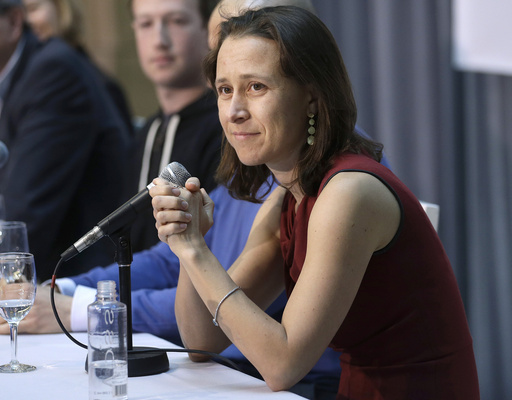All of the independent directors at 23andMe have stepped down from their positions on the board, signaling a rare occurrence and another obstacle for the genetic-testing company. The departure of the seven directors comes after prolonged discussions with CEO and co-founder Anne Wojcicki, who expressed a desire to privatize the company. In a letter to Wojcicki, the directors stated their disappointment in not receiving a comprehensive proposal that would benefit the non-affiliated shareholders, prompting their immediate resignations.
While still supportive of 23andMe’s mission, the directors cited Wojcicki’s substantial voting power and diverging visions for the company’s future as reasons for their departure. In response, Wojcicki expressed surprise and disappointment over the resignations in a memo to employees, emphasizing her belief that privatizing 23andMe would shield it from short-term market pressures and ensure long-term success. She also indicated plans to recruit new independent directors to join the board.
As of now, Anne Wojcicki, holding 49% of the voting power, stands as the sole remaining board member on 23andMe’s website, following the resignations. The company, which went public in 2021, has encountered challenges in establishing a profitable business model, reflected in a significant net loss of $667 million reported for the last fiscal year. Additionally, 23andMe’s stock has plummeted by over 97% since its debut, closing at 33 cents on Thursday.
Wojcicki’s proposal to buy out all outstanding shares in order to privatize the company was met with resistance by the board’s evaluating committee in July. Apart from the board shake-up, 23andMe has faced scrutiny over data privacy issues, including a recent $30 million settlement in response to a class-action lawsuit related to a 2023 data breach. The company expressed preliminary approval of the settlement, anticipating finalization soon and highlighting its commitment to protecting customers’ interests. The settlement is expected to cover all U.S. claims, with insurance likely funding a significant portion of the $30 million payment.
Home Money & Business Directors of 23andMe Step Down Amid CEO’s Plan to Privatize the Genetic-Testing...
